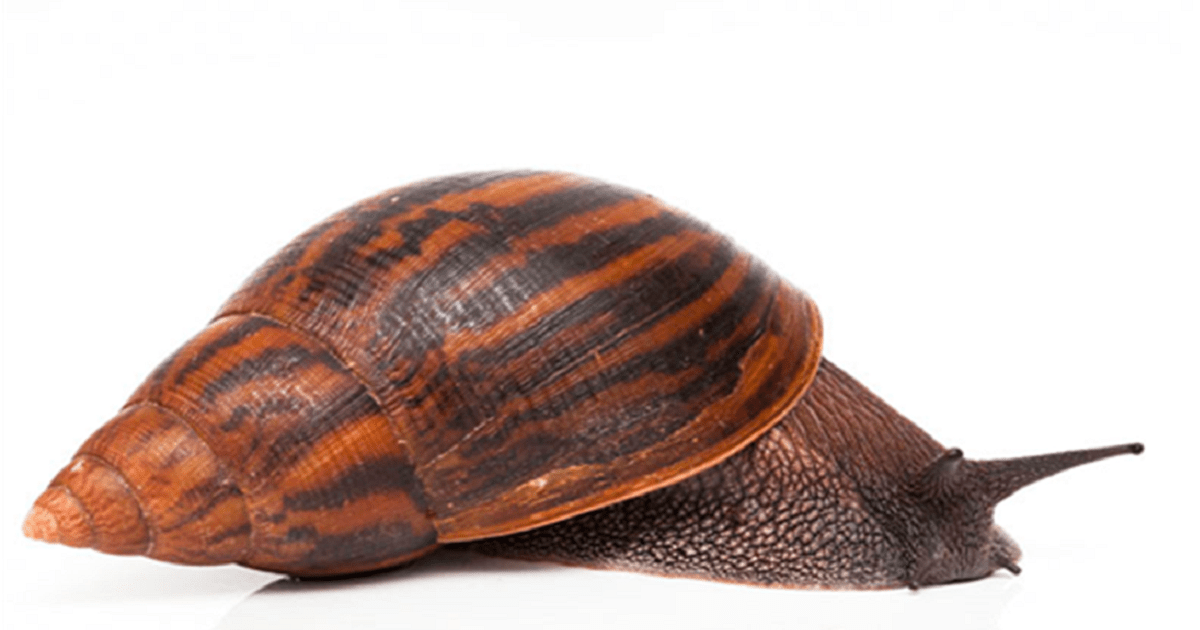- このトピックは空です。
- 投稿者投稿
- 3月 18, 2025 11:41 pm #597128

Snails might be slow movers, but when it comes to their dietary needs, they require a well-balanced and nutrient-rich feed to thrive.
Whether you are raising snails for culinary purposes, as pets, or for environmental reasons, providing the right feed is essential for their growth and health.
Snail feed comes in various forms, each designed to meet their unique dietary requirements while promoting optimal growth and reproduction.
This article will explore the different types of snail feed and how they cater to the nutritional needs of these fascinating creatures.
1. Natural Feed – Mimicking The Wild Diet
Natural feed closely resembles what snails would consume in their natural habitat. This type of feed typically includes leafy greens, fruits, vegetables, and decaying plant matter. Natural feed is rich in essential vitamins, minerals, and fiber, making it an excellent choice for maintaining the snail’s health and shell strength.
Snails often prefer foods like lettuce, cabbage, spinach, and fruits like apples and bananas. Including natural feed in a snail’s diet ensures that they receive adequate calcium, essential for their shell development, as well as other vital nutrients necessary for their overall well-being.
2. Commercial Pellet Feed – Convenient And Balanced
Commercial pellet feed is specially formulated to meet the dietary needs of snails. These pellets are made from a mix of ingredients, including ground grains, protein sources, vitamins, and minerals, all compressed into small, easy-to-handle pellets.
This type of feed is designed for convenience, ensuring snails receive balanced nutrition without the need for constant food preparation. Pellet feed is ideal for large-scale snail farming or for snail owners who want to maintain consistency in their snails’ diet.
The pellets often contain calcium supplements, which are crucial for shell growth and strength, making them a practical choice for snail enthusiasts.
3. Calcium Supplements – Shell Health Essentials
Calcium is a vital component of a snail’s diet, as it directly affects shell strength and overall health. Calcium supplements come in various forms, including crushed limestone, calcium powder, eggshell powder, and cuttlebone.
Providing calcium supplements ensures that snails have the necessary minerals to build and maintain their shells, especially during periods of rapid growth or reproduction. These supplements can be offered alongside other feed types or mixed into commercial pellets.
Regular calcium intake helps prevent shell deformities and improves the snail’s overall longevity and vitality, making it a non-negotiable part of their diet.
4. Protein-Rich Feed – Supporting Growth And Reproduction
Protein is crucial for the growth, development, and reproductive health of snails. Protein-rich feed often includes sources like soybean meal, fish meal, and legumes, providing the necessary amino acids for muscle repair and egg production.
In the wild, snails may consume decaying animal matter or fungi to fulfill their protein requirements, but in captivity, this can be supplemented with specialized feeds.
High-protein diets support faster growth rates and ensure that snails can reproduce effectively, which is particularly important in commercial snail farming. A balanced protein intake helps maintain the overall health of snails, keeping them active and robust.
5. Moisture-Retentive Feed – Ensuring Hydration
Moisture is crucial for snails, as they thrive in humid environments and require hydration to aid in digestion and overall health. Moisture-retentive feed includes foods with high water content, such as cucumbers, tomatoes, and leafy greens, as well as specially designed feeds that help retain moisture.
Maintaining proper hydration is essential for snails to produce mucus, which aids in movement and digestion. Some snail feeds are formulated with added moisture-absorbing components, ensuring that the snails remain hydrated, especially in drier climates.
Proper moisture levels in the diet help snails stay healthy and active, reducing the risk of dehydration-related health issues.
In conclusion, the different types of snail feed cater to the specific nutritional needs of these unique creatures.
Whether you choose natural feed, commercial pellets, calcium supplements, protein-rich options, or moisture-retentive feed, each type plays a crucial role in ensuring the health and growth of snails. Understanding these various feed types allows you to create a balanced and nutritious diet for your snails, promoting their well-being and longevity.
By carefully selecting the right feed, you ensure that your snails thrive in any environment, whether for farming, pets, or ecological purposes.
- 投稿者投稿
- このトピックに返信するにはログインが必要です。






